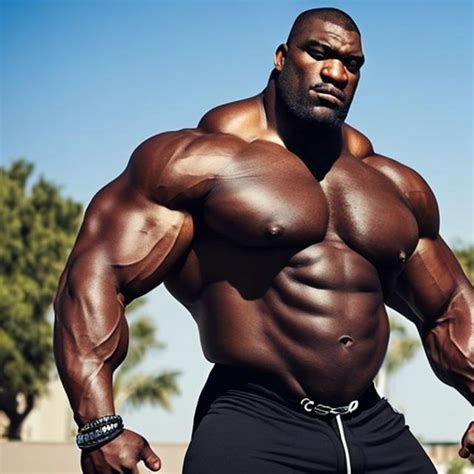Beyond its role in bone health, what specific vitamin is often linked to supporting healthy testosterone levels in men?

While often celebrated for its critical role in building and maintaining strong bones, one particular vitamin has increasingly garnered attention for its profound impact on another vital aspect of men’s health: testosterone levels. Beyond its well-established benefits for skeletal integrity, this fat-soluble vitamin plays a complex and crucial role in the endocrine system, directly influencing the production and regulation of the primary male sex hormone.
The Essential Nutrient: Vitamin D
Often dubbed the “sunshine vitamin,” Vitamin D is unique because our bodies can synthesize it when exposed to sunlight. However, factors like geographic location, skin pigmentation, lifestyle, and widespread indoor living mean that deficiency is remarkably common globally. While its contribution to calcium absorption and bone mineralization is universally recognized, its influence extends far beyond, touching nearly every system in the body, including the reproductive system.
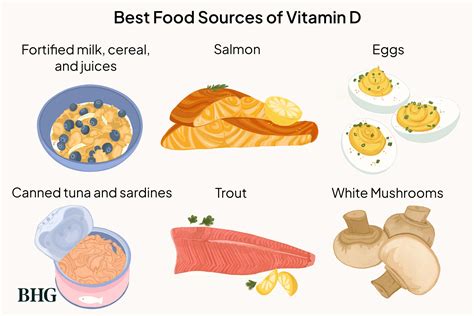
Unpacking the Vitamin D-Testosterone Link
The connection between Vitamin D and testosterone is not merely anecdotal; it’s rooted in biology. Research indicates that specific receptors for Vitamin D (VDRs) are present in the Leydig cells of the testes – the primary site of testosterone production in men. This suggests a direct mechanism through which Vitamin D can influence testicular function and steroidogenesis (the biochemical process that produces steroid hormones like testosterone).
Adequate Vitamin D levels are believed to support the optimal functioning of these cells, potentially aiding in the synthesis of testosterone. Conversely, studies have often observed a correlation between low Vitamin D levels and lower total testosterone levels, as well as an increased prevalence of hypogonadism (clinically low testosterone).
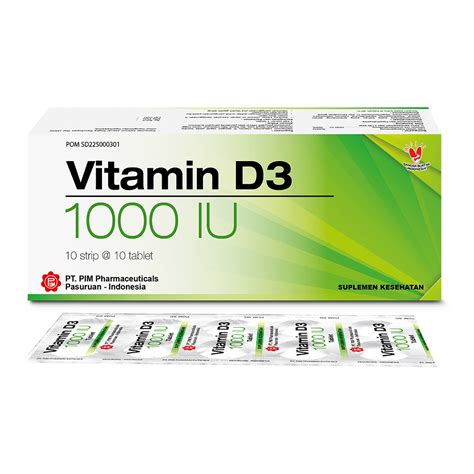
Scientific Insights and Clinical Evidence
Several studies have explored the impact of Vitamin D supplementation on testosterone levels. While results can vary, some intervention studies have shown that men with Vitamin D deficiency who received supplementation experienced a significant increase in their total and free testosterone levels. For instance, a notable study published in the journal “Hormone and Metabolic Research” found that overweight men undergoing a weight reduction program who also received Vitamin D supplementation saw a statistically significant increase in testosterone compared to a placebo group.
This evidence strengthens the argument that maintaining optimal Vitamin D levels is a crucial, yet often overlooked, strategy for men looking to support their hormonal health naturally. It’s important to note that Vitamin D is not a direct “testosterone booster” in the same way certain medications might be, but rather a vital component that allows the body’s natural testosterone production mechanisms to function efficiently.
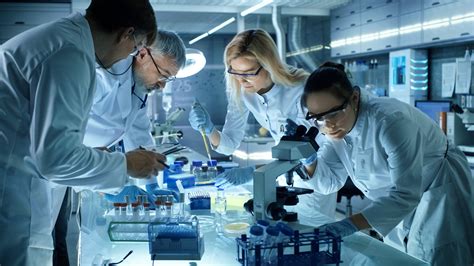
Beyond Hormones: Broader Male Health Implications
The benefits of sufficient Vitamin D extend beyond just testosterone. Healthy Vitamin D levels are also associated with improved sperm quality and motility, suggesting a role in male fertility. Furthermore, adequate Vitamin D contributes to overall metabolic health, mood regulation, and immune function, all of which can indirectly support hormonal balance and a man’s general well-being. Considering the widespread prevalence of Vitamin D deficiency, addressing this often-silent issue could offer a multifaceted approach to improving men’s health.
Ensuring Adequate Vitamin D Intake
Given its critical roles, how can men ensure they are getting enough Vitamin D? The primary natural source is sun exposure, but this is often insufficient for many. Dietary sources like fatty fish (salmon, mackerel, tuna), fortified milk and cereals, and egg yolks contain Vitamin D, but usually not in large enough quantities to meet daily requirements, especially if deficient. For many, supplementation becomes a practical and effective way to achieve and maintain optimal levels. It’s crucial to get your Vitamin D levels tested by a healthcare professional to determine if you are deficient and to establish an appropriate supplementation dosage.
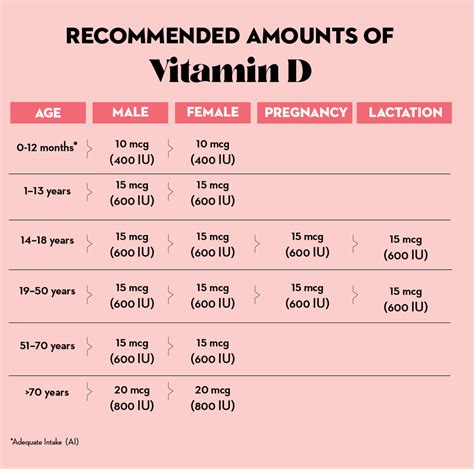
Consulting a Healthcare Professional
While the evidence for Vitamin D’s role in testosterone health is compelling, it’s essential to approach any health regimen with caution and professional guidance. Self-diagnosis and self-treatment are not recommended. A doctor can accurately assess your Vitamin D status, discuss your testosterone levels, and recommend a safe and effective plan tailored to your individual needs, including appropriate dosages for supplementation. They can also rule out other underlying causes for low testosterone.
Conclusion
The link between Vitamin D and healthy testosterone levels in men is a significant area of growing research and clinical interest. Far from being solely a bone health vitamin, Vitamin D emerges as a critical player in the complex symphony of male endocrine function. Prioritizing adequate Vitamin D intake, whether through safe sun exposure, diet, or guided supplementation, represents a proactive and accessible step for men seeking to optimize their hormonal balance, fertility, and overall health. As always, a holistic approach that includes a balanced diet, regular exercise, sufficient sleep, and professional medical advice remains the cornerstone of enduring well-being.
